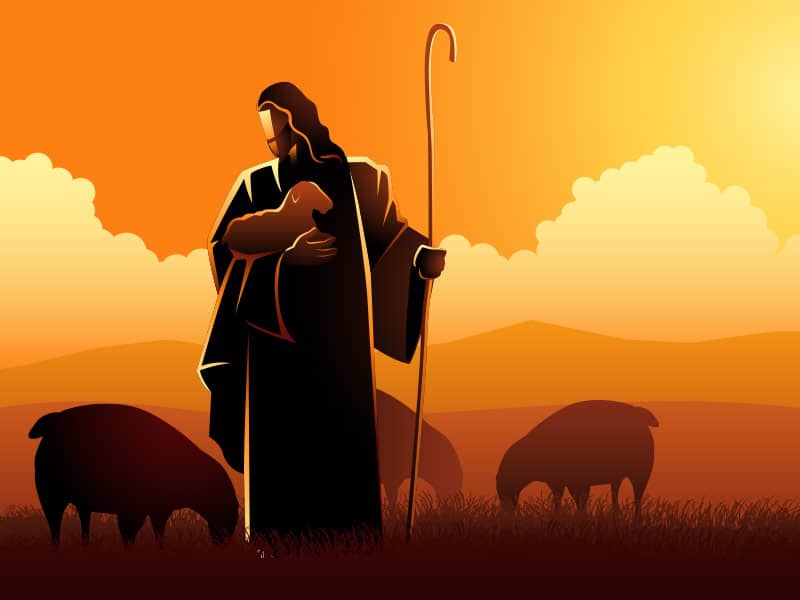Hind Jarrah, who helped start the Arab Heritage Society in Dallas, is one of those who hopes the anniversary will unify more than divide the country. "I am praying with all my heart," she said last week. "You cannot imagine. It's been like a whirlwind. You reach out any angle you can to do something if you can."
She says the Muslim community seems to have reacted in two distinct ways since Sept. 11. Some are doing everything they can to focus the spotlight on responsible Muslim beliefs as an antidote to the more radical beliefs held in other parts of the world. They have been trying to build bridges with others in the community and have joined dialogues with groups like the American Jewish Congress.
Others are too scared to say anything out of fear of being persecuted. Mrs. Jarrah explains, "They used to voice their opinions, but now they are afraid they will be in trouble if they do. They are afraid to give to charities because they don't want to end up on a government list. They don't go to meetings, because they're afraid they are being watched."
Those who are concerned about "guilt by association" are trying to present a fuller picture of their faith than can been seen in the violence in the Middle East. But that puts them in the awkward position of having to prove they are not only "good Americans" but "good Muslims." That requires separating themselves from acts of violence.
In an effort to respond appropriately, mosques across the country will observe Sept. 11 with a day of "unity and prayer." The Islamic Association of North Texas is hosting a "9/11 Open Doors, Open Hearts Day" at the Dallas Central Mosque, the biggest mosque in North Texas. Neighbors and others are invited "to share feelings, smiles, tears and a cold glass of lemonade."
What will Mrs. Jarrah do on Sept. 11? She'll be speaking to a Methodist church in Garland, Texas, trying to explain the basics of Islam for an audience that may think the word Muslim always precedes the word terrorist. Explaining her faith has become a new mission for Mrs. Jarrah since Sept. 11. She is a mother of three, the wife of a physician and the holder of a degree in pharmacology from Southwestern Medical School. But since the attacks, she has found herself drawn into a new role as amateur teacher, patiently explaining who Muhammad was and what the Quran says about war, peace and tolerating the beliefs of others. She says simply, "I do what I can. I tell you what I know."
But for weeks after Sept. 11, she was so shaken that she did not leave the house unless it was absolutely necessary. If she went to a restaurant with friends, they were careful not to speak Arabic because they could see other diners looking at them warily. "You felt the uneasiness," she remembers.
It was hard for her to deal with the anger toward Muslims she sensed around her, and she ached to explain that the actions of the terrorists "were not the kind of faith in Islam I grew up with." Later she said, "To see how people misrepresent or stereotype Islam makes me very sad. But I also see God's design for the world in this. Through this difficult time, there is more interaction, people of different faiths here are dealing with each other and learning from each other." Indeed, she played a constructive part in that interfaith process by helping form a discussion group that met once a month to talk through the emotion of the moment and learn more about each other.
To see her in a grocery store or mall, you would not assume Hind Jarrah is a devout Muslim. She does not cover her head except when she prays and often wears pants suits, so she looks like what she is--"a suburban soccer mom." Yet she says, "I have always been a religious person. My dad taught me that your faith is sort of your companion in life, your faith is what makes things understandable for you and makes things tolerable for you. You may be afraid, but faith is what will help you in difficult times."
She had planned to work in her field after her daughters went to college, so she returned to school and received a master's in cognition and neuroscience in 2000. But resuming her career now will have to wait. Since Sept. 11, she feels she has a duty to reach out to others and explain her faith so that someday the discussion no longer will be uncomfortable.

